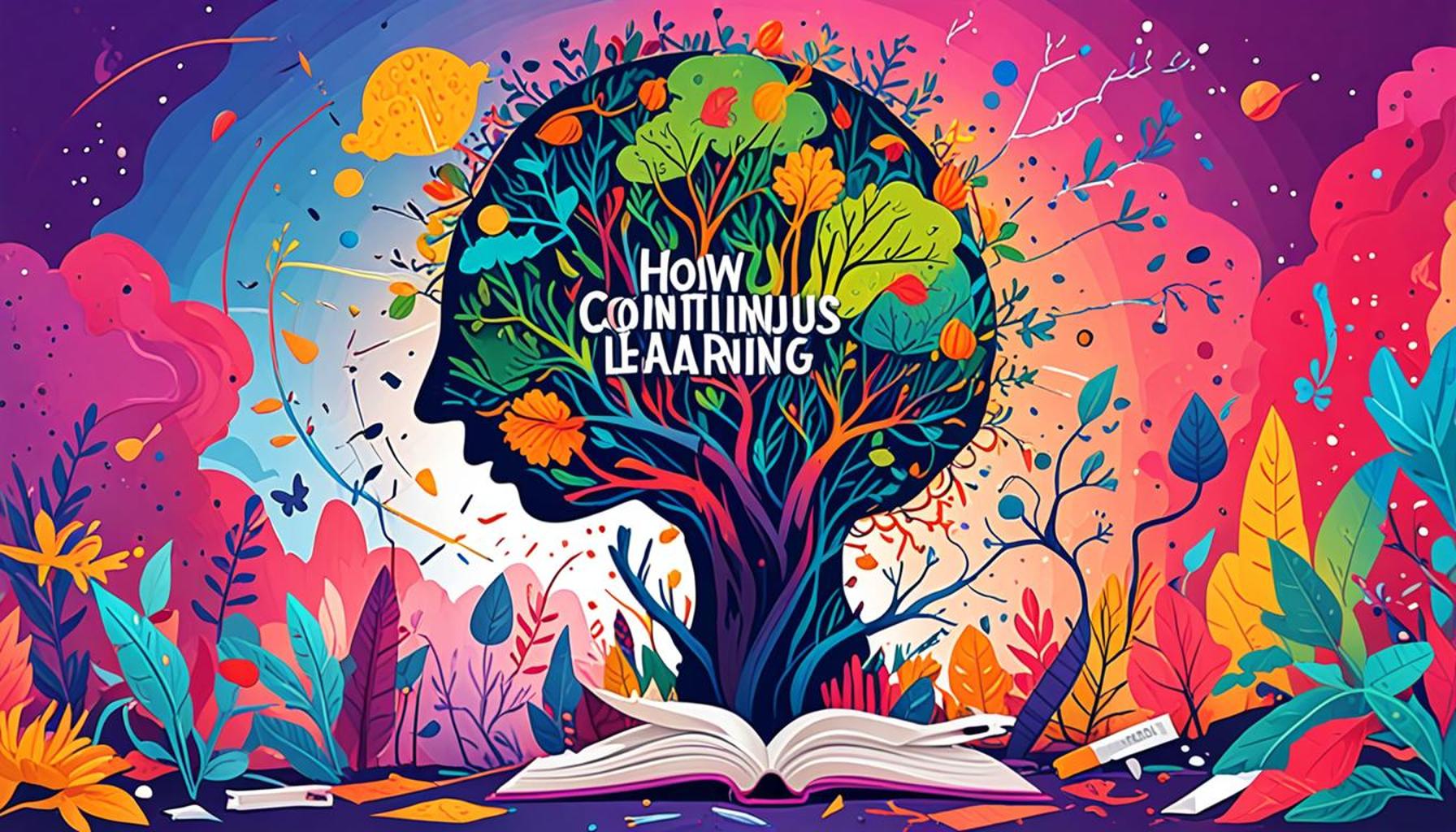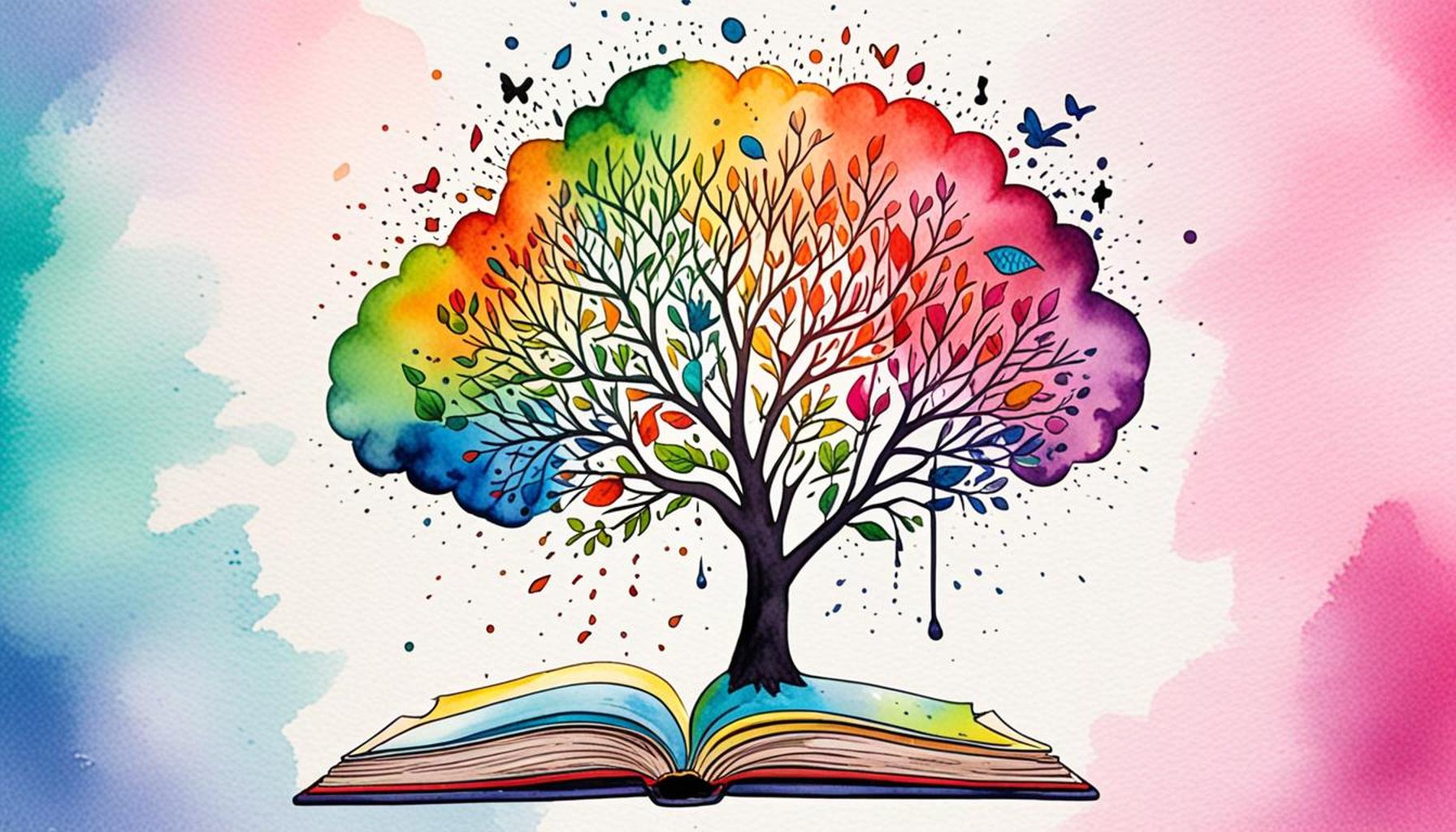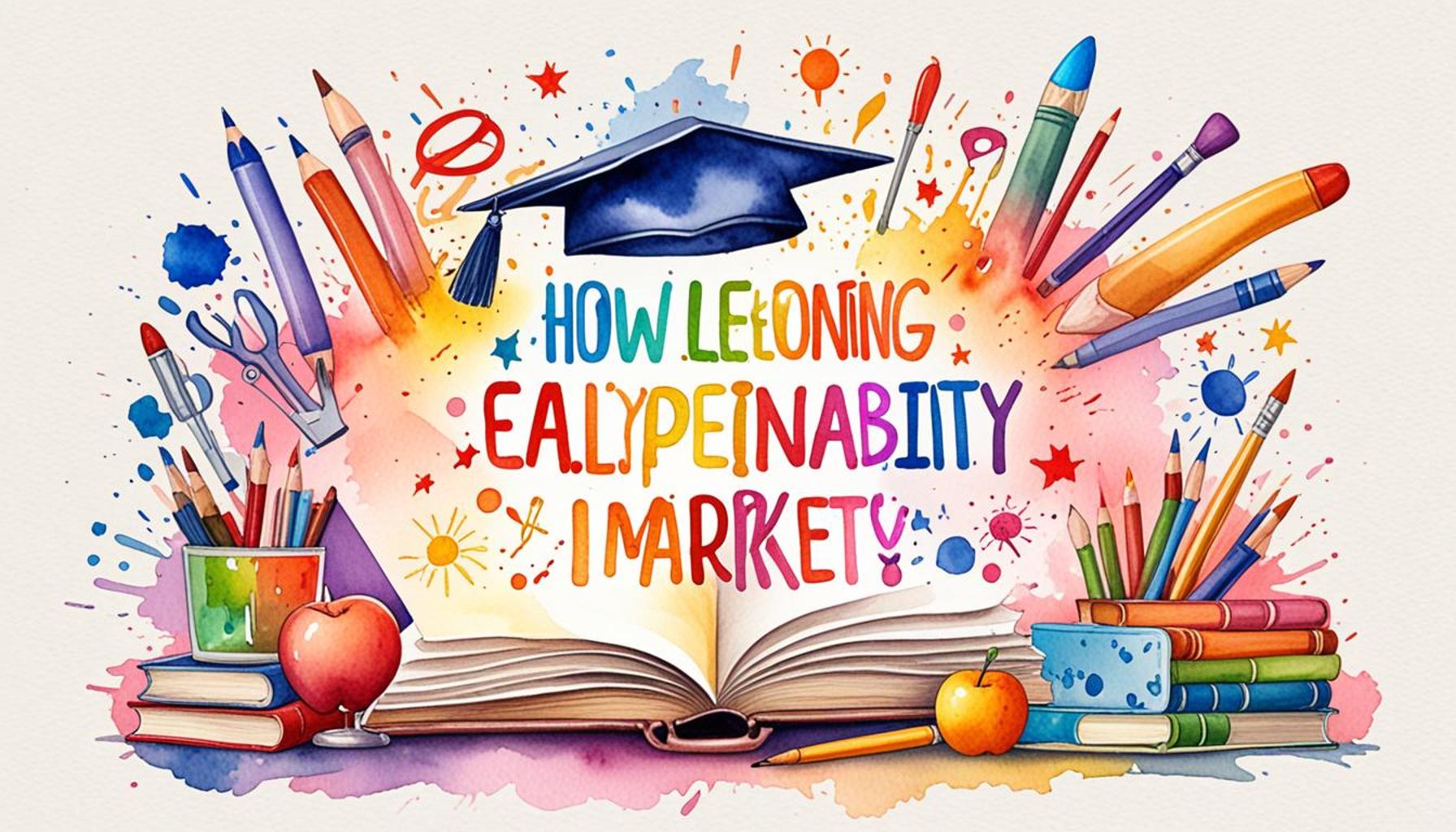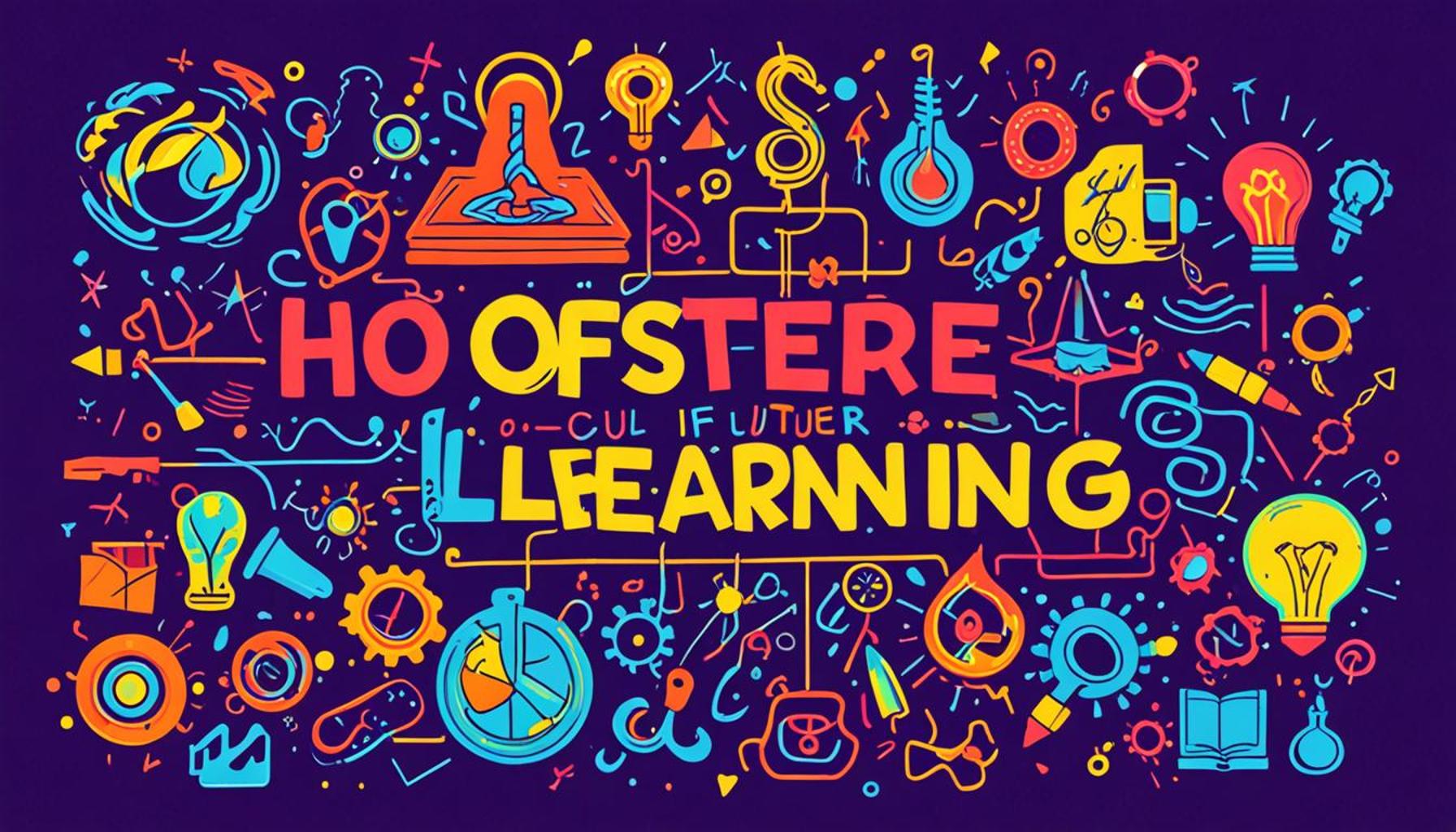How Continuous Learning Can Boost Resilience and Adaptation in Changing Environments

Understanding the Importance of Continuous Learning
In today’s fast-paced world, the capacity to recover from setbacks—what we refer to as resilience—is more important than ever. As individuals and communities engage with evolving economic conditions, technological advancements, and environmental issues, the concept of continuous learning stands out as a key strategy for building and maintaining this resilience.
Many Nigerians are already familiar with the notion that acquiring new skills is vital not only to personal development but also to navigating workplace challenges. The job market is evolving rapidly, with automation and digital transformation creating new roles while rendering others obsolete. Embracing skills development—be it through formal education, vocational training, or online courses—can significantly enhance an individual’s employability and adaptability. For instance, programs like the N-Power scheme aim to train young Nigerians in various sectors, providing them with relevant skills that align with current market demands.
Cultural Awareness and Community Ties
Another critical aspect of continuous learning is the understanding of cultural diversity. In a country as diverse as Nigeria, with over 250 ethnic groups, cultivating cultural awareness can enhance interpersonal relations and foster community cohesion. Educational initiatives that promote intercultural learning can pave the way for stronger communities as they encourage individuals to appreciate differing perspectives. This not only aids in conflict resolution but also enhances collaborative problem-solving skills that are essential in navigating societal challenges.
Agility in Organizations
For organizations, prioritizing continuous learning can lead to heightened agility. Companies that invest in their employees’ growth by offering training and development programs can respond more adeptly to changes in the marketplace. A notable example can be seen in the Nigerian tech startup ecosystem, where companies like Andela and Flutterwave continually adapt their services and workforce skills to meet global demands. By fostering a culture of learning, these organizations stay relevant and competitive, ensuring that they can pivot effectively without losing sight of their core missions.
Nigeria’s commitment to lifelong learning is evident through various educational reforms and community programs. These initiatives not only equip citizens with vital skills but also encourage a growth mindset, essential for thriving amid challenges. In a world where change is the only constant, the emphasis on adaptation through continuous learning has become crucial—not just for individuals, but for the survival of entire communities.
This exploration of continuous learning presents an opportunity to gain valuable insights into its role in fostering resilience. As we delve deeper into this concept, we will examine practical methods and success stories from individuals and organizations that have harnessed continuous learning to navigate their environments effectively. The implications of embracing this philosophy can be transformative, paving the way for a resilient society.
YOU MAY ALSO LIKE: Read read another article
Leveraging Continuous Learning for Personal Growth
Continuous learning is not merely an attribute of successful individuals; it is a fundamental necessity for anyone looking to thrive in today’s unpredictable landscape. By continuously updating their skills, individuals can build a robust toolkit that helps them navigate challenges with ease. This adaptability comes from the understanding that learning does not cease after formal education; instead, it becomes a lifelong journey that is imperative for fostering resilience. In Nigeria, where young people represent a significant percentage of the population, ensuring that they engage in continuous learning opens doors to countless opportunities that can bolster not just their personal development but their collective societal strength.
Consider the multitude of platforms available that facilitate this ongoing education. Online learning platforms such as Coursera and edX offer diverse courses ranging from digital marketing to coding, enabling individuals to acquire skills that align with global trends. Moreover, local initiatives, like the Yali Network, have made strides in empowering Nigerian youth with leadership and entrepreneurial skills, demonstrating that continuous learning can be both accessible and relevant to local contexts.
Building Problem-Solving Skills Through Learning
One significant advantage of continuous learning is the enhancement of problem-solving skills. Engaging with new ideas and concepts fosters critical thinking, enabling individuals to approach complex problems in innovative ways. This is particularly essential in environments with rapidly changing circumstances, where traditional solutions may no longer apply. By equipping themselves with a variety of tools and perspectives, learners can develop creative approaches to unforeseen challenges.
Here are some key benefits of continuous learning that promote resilience and adaptation:
- Enhanced Confidence: Acquiring new skills boosts self-esteem, making individuals more willing to take on challenges.
- Networking Opportunities: Engaging in learning initiatives enables individuals to connect with like-minded peers, fostering relationships that can lead to collaborative solutions in times of crisis.
- Improved Cognitive Flexibility: Regular exposure to new information helps individuals adjust their thinking and approaches as circumstances evolve.
As Nigeria’s workforce becomes increasingly influenced by technology, the need for workers to embrace continuous learning becomes more pronounced. For instance, the rise of fintech has seen numerous startups emerge, driving up the demand for skills in areas like data analysis and software development. Individuals who proactively seek to learn these skills position themselves at the forefront of emerging industries, paving the way for resilient careers.
Learning as a Mental Health Strategy
Interestingly, continuous learning also serves as a vital strategy for mental health resilience. Engaging in educational pursuits can stimulate the brain, reduce stress, and provide a sense of purpose. In a society facing various social and economic pressures, maintaining mental well-being through learning can significantly impact how individuals and communities react to adversity. By embracing educational opportunities as a method of coping, Nigerians can create a more empowered populace capable of weathering any storm.
In essence, the realm of continuous learning is vast and enriching, providing numerous pathways to enhance personal and communal resilience. By acknowledging its importance and actively incorporating learning into daily routines, individuals can navigate the complexities of modern life with renewed confidence and agility.
Continuous learning serves as a powerful mechanism that not only promotes personal growth but also offers significant advantages in adapting to rapidly evolving environments. In a world marked by constant changes—whether technological advancements, shifts in job markets, or evolving social norms—the ability to learn continuously emerges as a crucial factor for success.To illustrate, as industries undergo transformations, those who engage in continuous skill development can pivot more readily and remain competitive. For instance, professionals who invest time in upskilling can transition smoothly into new roles, ultimately enhancing their employability. This adaptability significantly contributes to an individual’s resilience, allowing them to navigate setbacks, such as job loss or organizational change, with greater ease.Moreover, continuous learning fosters innovative thinking and adaptability by exposing individuals to diverse perspectives and problem-solving techniques. Engaging in lifelong education—whether through formal programs, online courses, or self-directed study—encourages a mindset geared towards exploration and adaptability. This not only empowers individuals to tackle immediate challenges but also enables them to foresee and prepare for future uncertainties.In addition, fostering a culture of continuous learning within organizations can have profound impacts on team dynamics and overall organizational resilience. Companies that prioritize development opportunities for their employees often experience lower turnover rates and increased job satisfaction. Employees feel valued and recognized, which contributes to a positive work environment where risks can be taken without the fear of failure. Ultimately, this collective resilience enhances the organization’s capability to withstand external pressures.Integrating continuous learning into daily practices not only augments personal growth but establishes a foundation for a more resilient future. As the landscape of work and life continues to shift, embracing learning as a lifelong journey ensures individuals and organizations are not just surviving, but thriving in the face of change.
ADDITIONAL INSIGHTS: Expand your understanding here
Fostering a Growth Mindset in Changing Landscapes
At the heart of continuous learning lies the concept of a growth mindset, a term popularized by psychologist Carol Dweck. Those with a growth mindset view challenges as opportunities for improvement rather than obstacles. This perspective is essential in a dynamic environment, allowing individuals to reposition themselves in the face of adversity. In Nigeria, where economic and social landscapes can shift dramatically, nurturing this mindset through continuous learning can empower individuals to embrace change rather than resist it.
For example, the agricultural sector in Nigeria is increasingly integrating technology to combat challenges such as climate change and food security. Farmers who engage in continuous learning through workshops and online courses are more likely to adopt innovative practices like precision farming or using mobile apps for market trends. As a result, their ability to adapt to changing climates and market demands grows, making them more resilient in times of crisis.
The Role of Technology in Continuous Learning
Technology plays a pivotal role in facilitating continuous learning, especially in a country like Nigeria that is experiencing a tech revolution. The rise of mobile devices and internet accessibility has made it easier than ever for individuals to pursue knowledge at their own pace. Platforms like Udemy and LinkedIn Learning provide access to courses that cover essential skills in rapidly evolving industries such as health tech and agro-tech. By upping their game through these platforms, learners can not only keep up with changing job requirements but also anticipate future challenges.
Furthermore, the integration of artificial intelligence in different fields is steering Nigeria towards a more digitized future. Understanding AI and data science is becoming vital for career advancement. Those actively seeking to learn about these technologies can cultivate a stronger sense of adaptability, preparing them for roles that drive societal progress. This is particularly important as Nigeria strives to become a player in the global market.
Community Engagement and Collective Learning
Continuous learning extends beyond the individual; it encompasses the community as well. Engaging in group learning initiatives, such as local town halls or collaborative case studies, fosters a shared knowledge base that communities can draw from during crises. In Nigeria’s diverse society, where communal ties are strong, leveraging collective intelligence can lead to innovative solutions and strategies that are nuanced and culturally relevant.
For instance, community-based workshops addressing local socioeconomic challenges can be platforms where residents share insights, gather feedback, and develop skills that uplift the entire community. This collaborative learning approach enables individuals to draw strength from one another, forming resilient networks that can respond effectively to shared challenges.
- Promoting Local Solutions: Learning together often leads to tailored solutions that consider cultural, environmental, and economic contexts.
- Unified Response: Communities equipped with shared knowledge can mobilize quickly when faced with crises, ensuring a quicker and more effective response.
- Strengthened Relationships: Collaborative learning fosters trust and cooperation, essential ingredients for resilience.
Ultimately, the transformation of individual and community practices through continuous learning has far-reaching implications. By embracing a growth mindset and harnessing technological resources, Nigerians can not only adapt to their ever-changing environment but also thrive in it. This collective knowledge-building equips societies to better navigate uncertainties, establishing a foundation for a resilient future in an unpredictable world.
RECOMMENDED: Check out this similar article
Conclusion: Embracing the Future through Continuous Learning
In conclusion, the capacity for resilience and adaptation in changing environments is intricately tied to the practice of continuous learning. Individuals and communities that engage in ongoing education not only equip themselves with vital skills but also cultivate a robust mindset that welcomes change as a pathway to growth. As demonstrated through the examples in Nigeria’s agricultural and technological sectors, those who embrace this philosophy are better positioned to thrive amid uncertainty.
The pivotal role of technology in facilitating access to learning cannot be overstated. With platforms like Udemy and LinkedIn Learning providing essential resources, individuals in Nigeria can gain valuable skills that meet the demands of an evolving job market. Embracing these educational opportunities lays the groundwork for a workforce that is not only adaptable but also innovative in addressing the unique challenges faced within the country.
Moreover, the collaborative aspect of continuous learning strengthens community ties and fosters a culture of collective problem-solving. By engaging in group learning initiatives, communities can become more resilient, sharing knowledge and developing solutions tailored to their specific contexts. This collective empowerment leads to a unified approach in overcoming obstacles, ensuring a quicker and more effective response to societal challenges.
As Nigeria continues to navigate a rapidly changing landscape, embracing continuous learning is not just a strategy; it is a necessity. The future belongs to those who are willing to learn, adapt, and support one another. By fostering a love for learning within individuals and communities, we can build a more resilient Nigeria that is well-equipped to face the uncertainties of tomorrow.


